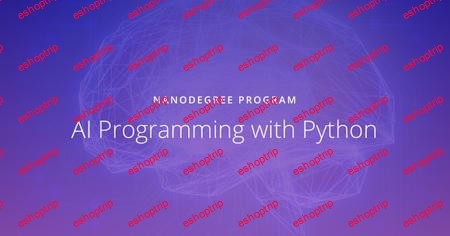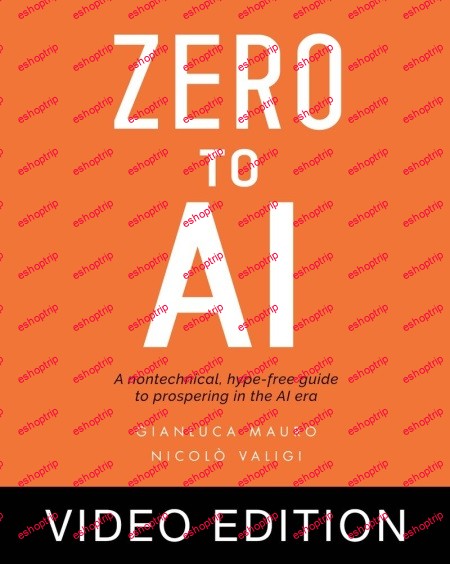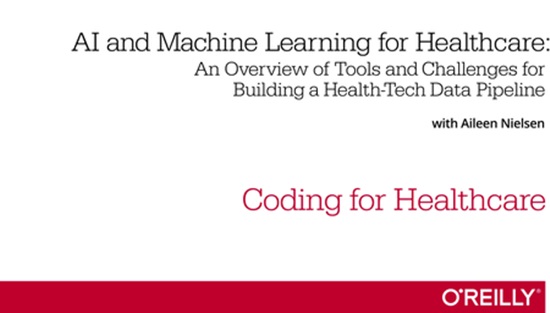Duration: 13h 5m | 21 sections | 116 lectures | Video: 1280×720, 44 KHz | 6.98 GB
Genre: eLearning | Language: English + Sub
Practical Data Science Course: Learn To Build Machine Learning, Data Science Projects & Case Studies With Python
Machine learning (ML) is a branch of artificial intelligence (AI) that enables computers to self-learn and improve over time without being explicitly programmed. In short, machine learning algorithms are able to detect and learn from patterns in data and make their own predictions.
In traditional programming, someone writes a series of instructions so that a computer can transform input data into a desired output. Instructions are mostly based on an IF-THEN structure: when certain conditions are met, the program executes a specific action.
Machine learning, on the other hand, is an automated process that enables machines to solve problems and take actions based on past observations.
Basically, the machine learning process includes these stages:
- Feed a machine learning algorithm examples of input data and a series of expected tags for that input.
- The input data is transformed into text vectors, an array of numbers that represent different data features.
- Algorithms learn to associate feature vectors with tags based on manually tagged samples, and automatically makes predictions when processing unseen data.
While artificial intelligence and machine learning are often used interchangeably, they are two different concepts. AI is the broader concept – machines making decisions, learning new skills, and solving problems in a similar way to humans – whereas machine learning is a subset of AI that enables intelligent systems to autonomously learn new things from data.
Who this course is for:
- Beginners in data science











Reviews
There are no reviews yet.